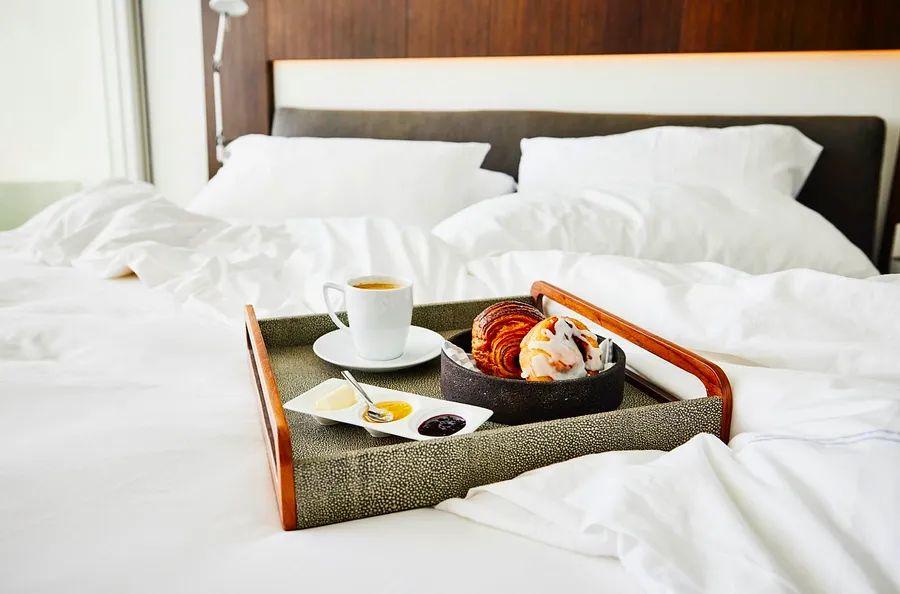While budget hotel rates are decreasing, this doesn’t necessarily indicate a plethora of bargains.


This summer, travelers may not encounter significant discounts when booking hotel rooms in the U.S., although some market segments are showing signs of softening.
However, it's a bit early to get excited about any forthcoming deals.
Hotel data company STR has adjusted its forecast for the rest of the year, lowering expectations for average daily rate increases due to disappointing hotel performance in the U.S. this year. However, the decline in hotel rates isn't universal.
"We have observed a split in hotel performance over the first four months of the year, and we don’t anticipate this will change soon," stated Amanda Hite, president of STR. "The rising cost of living is impacting lower-to-middle income households and their ability to travel, which reduces demand for budget hotels. Conversely, the Upscale to Luxury segments are experiencing strong demand, but pricing power has diminished due to shifts in customer mix, travel habits, and to a lesser extent, economic factors. Travel remains a priority for most Americans, but overall volume has decreased as prices for goods and services continue to climb."
Economy hotels are experiencing some of the steepest rate declines in the industry, with average nightly prices falling by 2% in this market segment over the past 28 days. In contrast, upscale hotels, such as Aloft and DoubleTree, and upper upscale hotels, including Westin and Hyatt Regency, saw increases of 1.9% and 2.6%, respectively, during the same period.
This downward adjustment in expected hotel rates aligns with this week's inflation data, indicating that U.S. hotel rates have decreased by 1.7% compared to last year — a significant turnaround from the recovery period following the pandemic when rising hotel rates were a major contributor to overall inflation.
While STR is not optimistic about significant hotel rate increases this year, the company still forecasts a 2.1% rise in U.S. hotel rates for the year, followed by another 2% in 2025 — closely aligned with the ideal inflationary benchmarks for the U.S. economy, according to economists.
Moreover, even with some easing in the luxury hotel market, it doesn't automatically imply that the average leisure traveler will snag a deal when staying at a Four Seasons or St. Regis. However, there's a silver lining: part of the rate easing in luxury accommodations is due to the recovery of business travel post-pandemic, leading to the return of special corporate rates, which are negotiated and typically lower than the standard daily rates for most guests.
Naturally, this situation doesn’t necessarily benefit the typical traveler hoping to indulge in a luxury hotel experience without overspending.
"While the [average daily rate] for luxury hotels appears to be lower, that doesn’t imply that leisure travelers like you or me will pay less," explained Jan Freitag, national director of hospitality analytics at CoStar, STR's parent company. "Our rates are set to rise. The way we report the data reflects a different mix due to the increased presence of corporate transient bookings."
Hooray for the resurgence of business travel post-pandemic! Not-so-great for our budgets... unless you’re opting for a more affordable hotel chain.

1

2

3
![Dinogo Horizon: Essential Selections for Outdoor Adventure [Infographic]](/my-seo/_next/image?url=https%3A%2F%2Fgcs.tripi.vn%2Fpublic-tripi%2Ftripi-feed%2Fimg%2F480335Tds%2Fanh-mo-ta.png&w=3840&q=75)
4

5
Evaluation :
5/5